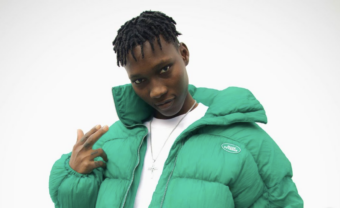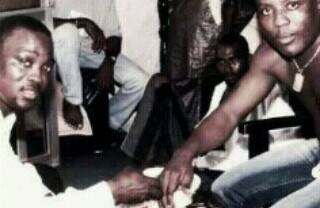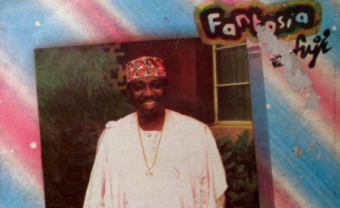From the streets of Ikorodu, Seyi Vibez’s native suburb, PAM spoke with the 23-year-old Afro-pop maverick about his radical streak of Apala inspired, fuji soaked and amapiano tinged hits.


Every month, PAM browses the pan-African scenes to offer a selection of ten fresh releases. This summer we’re soaking in Ammarae’s alté fountain, getting a crash course in Botswana’s Taa language and headbanging to Normal Nada’s meta-kuduro.

PAM looks into the history and evolution of Nigeria’s street-pop from indigenous rap and foreign beats to neo-soul and Apala-fusion.

Every month, PAM browses the pan-African scenes to offer a selection of ten fresh releases. This January, we’re starting the year right listening to Seyi Vibez, Aya Nakamura, LA Timpa, Ajebutter22, and more.

Fuji purists and the Nigerian hip-hop generation go head-to-head for the battle of fuji king, but an eventual reconciliation paves the way for the long term prospects of fuji in the world of Nigerian pop.

An oil boom era and school secularization gives fuji a boost in elite social circles and a new school of pioneers take the reins with a gentleman touch by “King” Wasiu Ayinde Marshal and the salacious style of Abass Akande Obesere.

Starting in the early 1960’s of Nigeria, a select group of innovators transform the sound of Owambe parties and traditional Were music into an all-year-long celebration full of rivalries, virtuosos and names of unlikely origin.